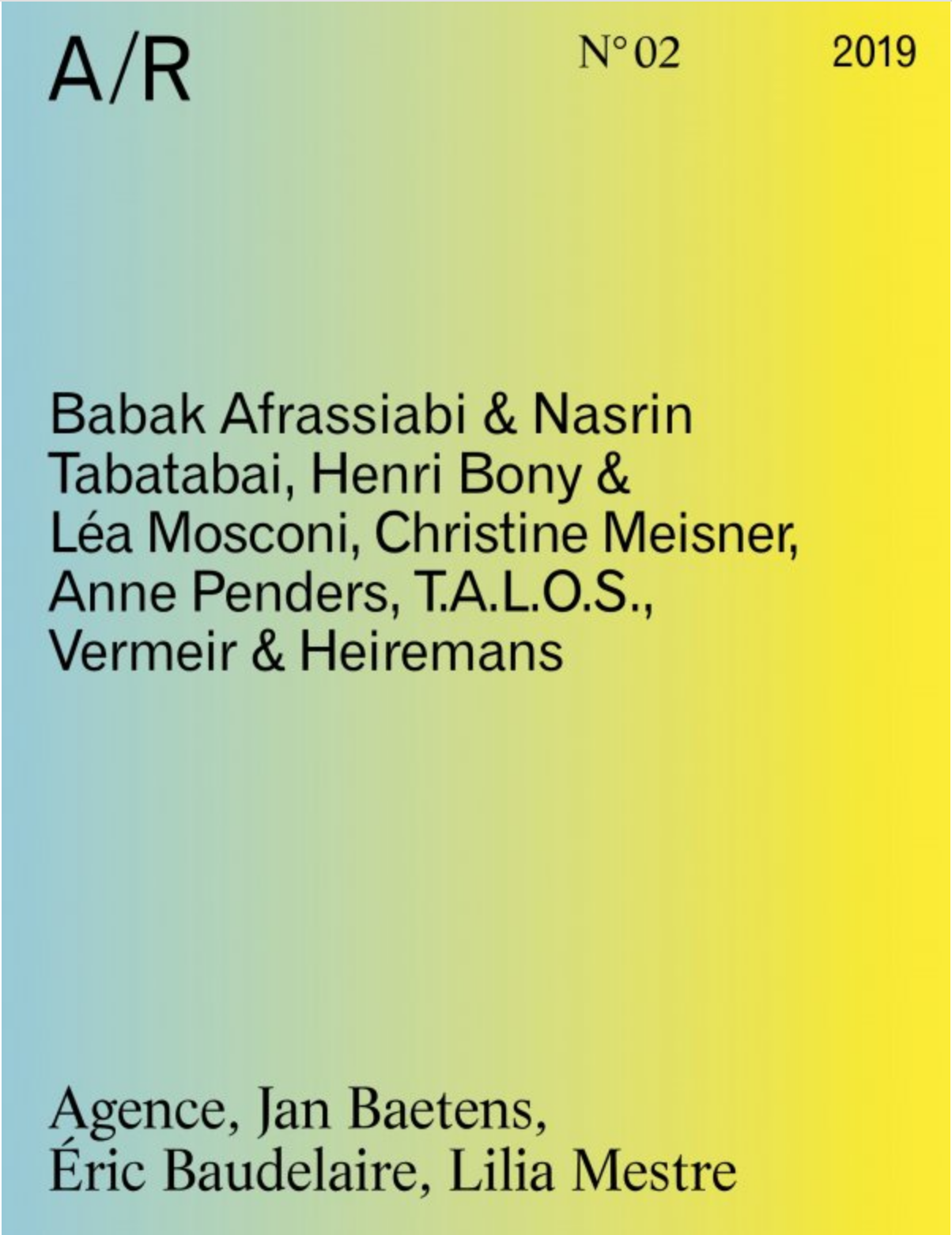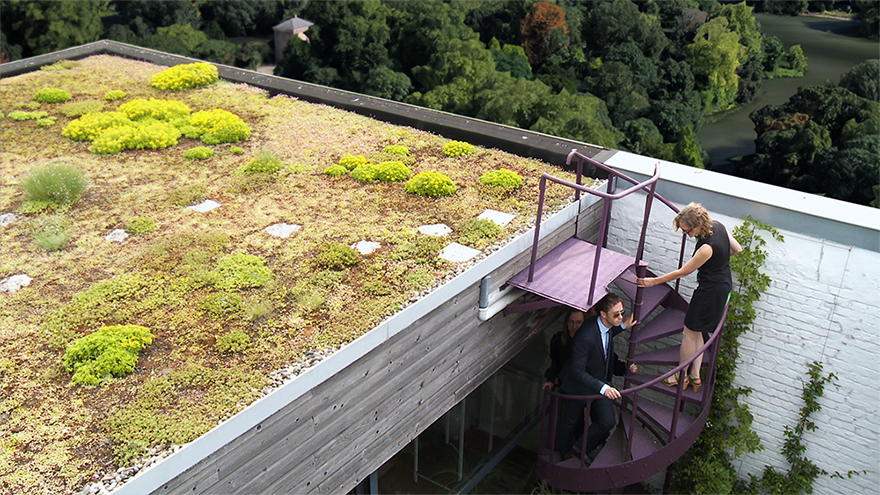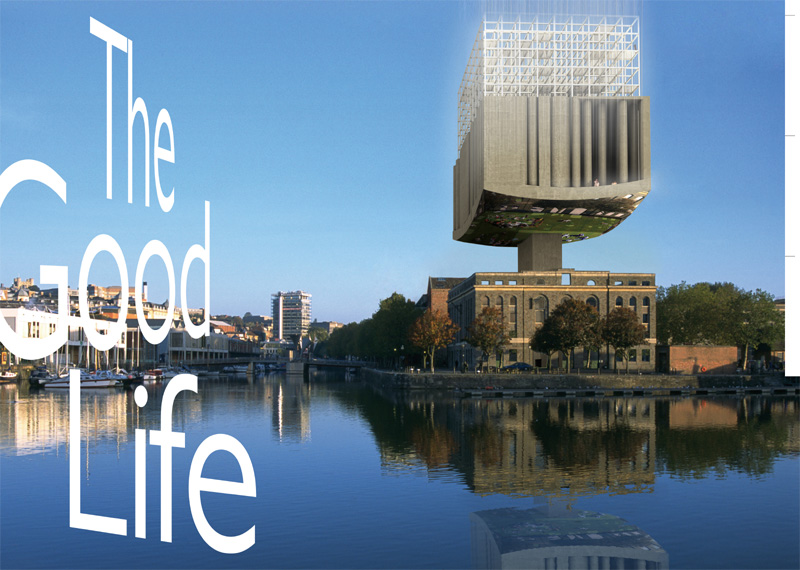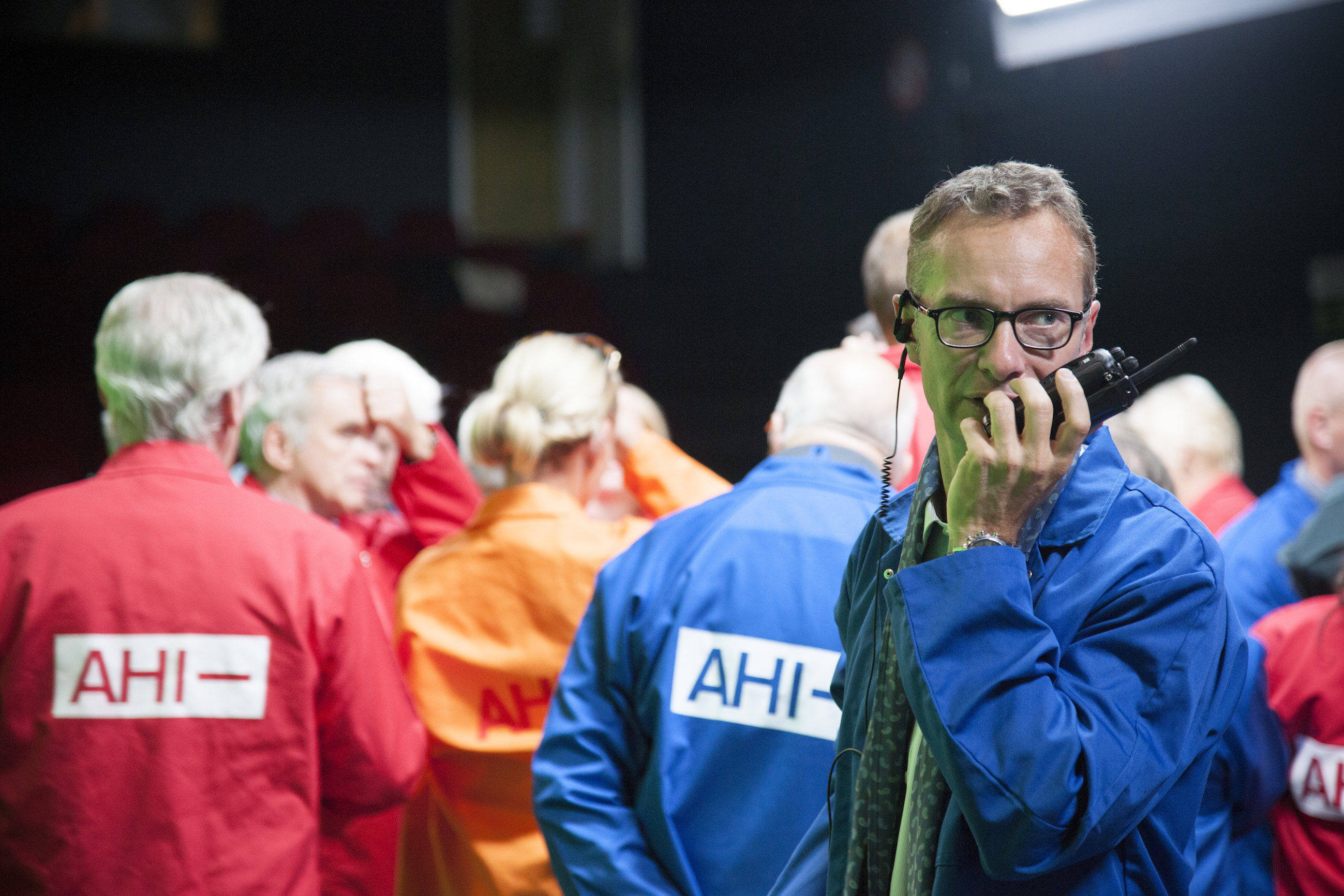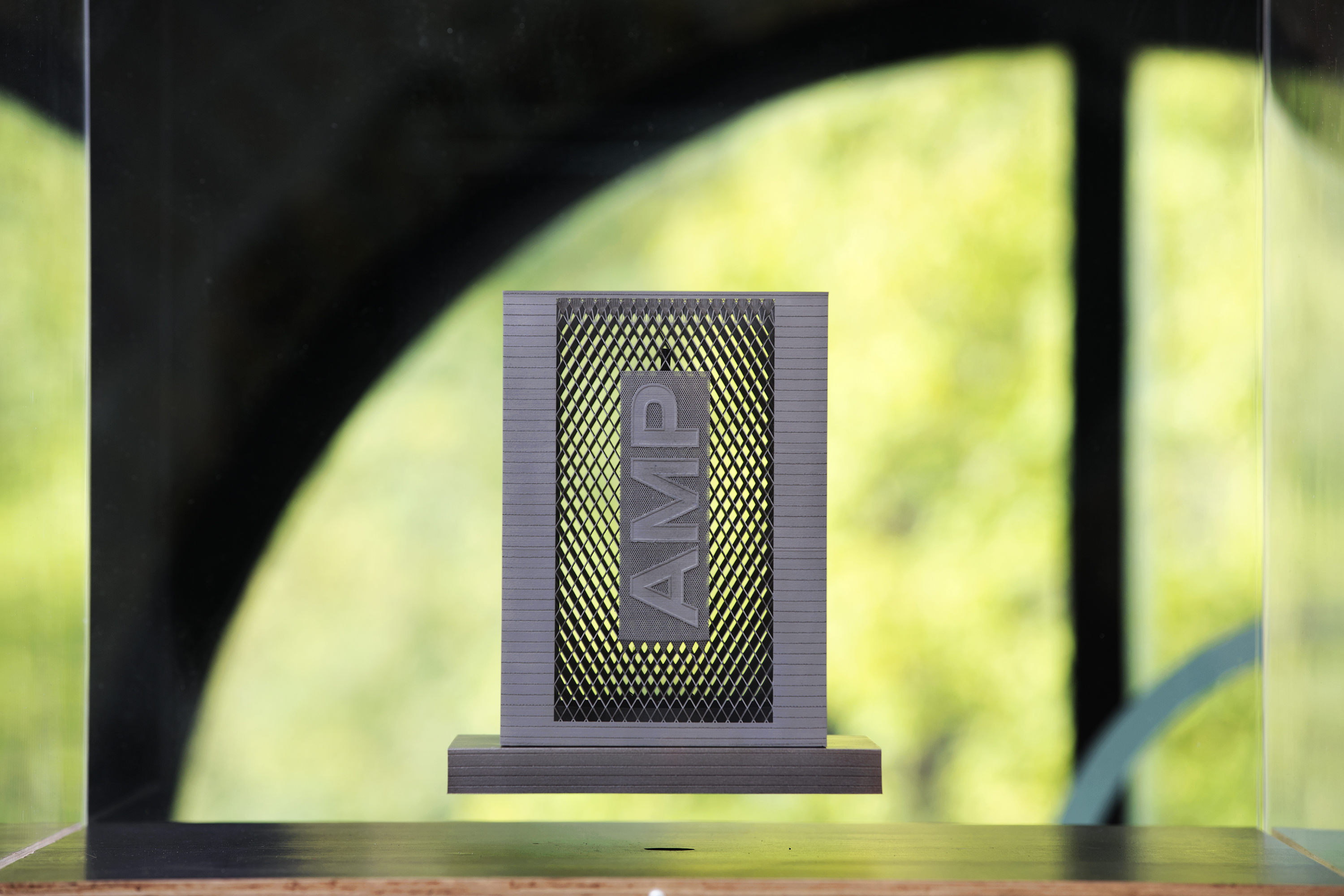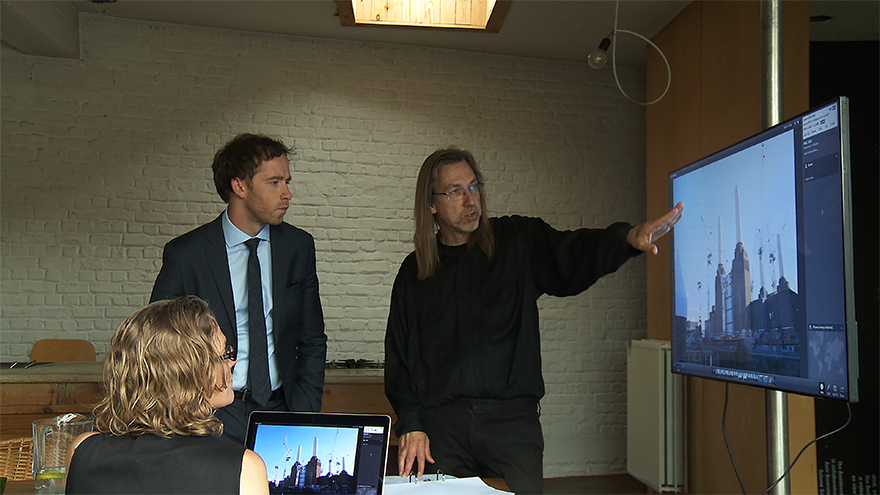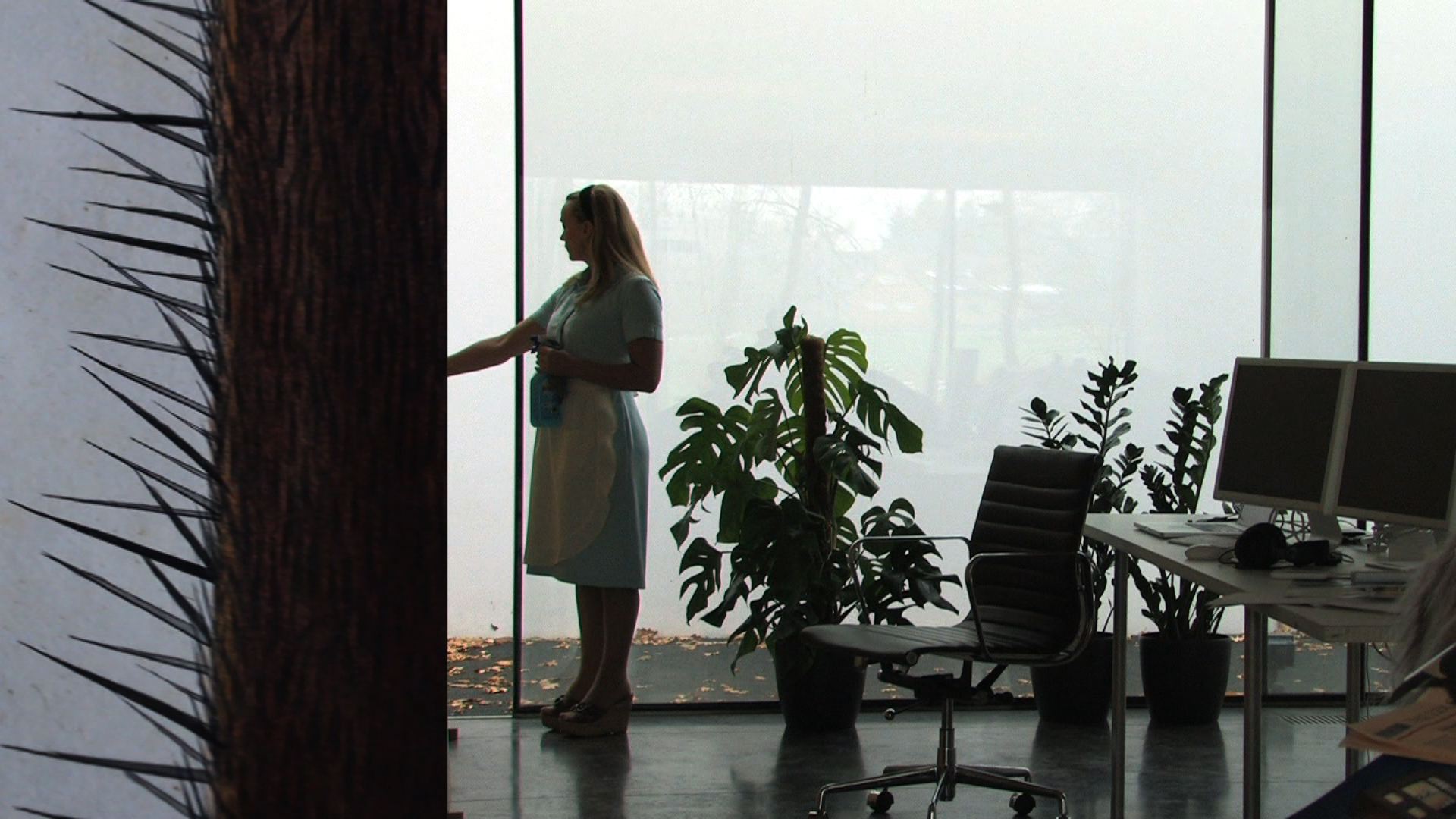Server: Apache/2.0.54 (Debian GNU/Linux) PHP/4.3.10-18
Content-Length: 1742
Connection: Keep-Alive
200 OK
Press text Blouin Artinfo: 'Istanbul Biennial Protests Foreshadowed Battle for Gezi Park'
The world is watching Turkey’s wave of protests, currently in the news as police storm Taksim Square. The country-wide popular movement began over the development of a park, but has come to channel much larger issues about free speech, the costs of the country’s breakneck development, and the alliance of the government with corporate interests. Many Turkish artists have participated enthusiastically — and, indeed, recent protests in the Turkish art world foreshadowed the turmoil currently roiling the country.
The official opening of the 13th Istanbul Biennial is still three months away, but preliminary programming and performances have been spurring protests for over a month already. Sponsored by Koç Holding — the largest conglomerate in Turkey with businesses in construction and energy among other industries — the biennial has become a target of the same discontent over urbanization and financial inequality that has brought thousands of protestors into the streets over the past few weeks. (A video of one of the earlier protests, dated March 22, 2013, is embedded below.)
The public program of the biennial, titled “Public Alchemy,” began in February with events designed to examine “the ways in which publicness can be reclaimed as an artistic and political tool in the context of global financial imperialism,” according to the biennial’s website. Protesters, however, have been targeting the events over its sponsorship by Koç Holding, bringing up issues very much tied to the same anxieties over ruthless development that sparked the Gezi Park movement.
On May 10, activists wearing Koç banners and the names of gentrifying neighborhoods on their shirts laid down in the middle of a performance by Brussels-based artist duo Vermeir & Heiremans. The protesters were escorted out by security in a manner they described as “rough,” while one audience member trained a video camera on biennial co-curator Fulya Erdemci.
Biennial organizers have not minced words in denouncing the activists. The day following the incident, Erdemci and her co-curator Andrea Phillips released a statement implying that the protest was an act of “psychological violence, harassment, and violation of individual rights.”
Earlier this week, with Turkey’s dramatic protests drawing attention to these issues, over 100 individuals working in the Turkish art world publicly issued a statement (which can be seen on the website ArtLeaks). A preamble explains:
We wrote the following text on May 25th, 2013. With the beginning of the protests at Gezi Park, our priorities shifted and we decided to postpone its circulation. Today, especially after “last week”’s experiences, when we rethink what happened on May 10th, we are even more convinced of the urgency of this letter.
The letter goes on to condemn the curators’ response to the action:
Whilst pretending to have a “public” discourse, this applied intolerance towards critical and different voices, the violence towards protesters, and the attempt of detaining a platform member because he was video recording the activity, and calling the police and taking him to police station and making charges against him cannot be an acceptable attitude.
The authoritative, judgmental and uncommunicative attitude of the 13th Istanbul Biennial towards different voices of the public is highly in contradiction with its claims to “activate social engagement and public fora to generate a possibility for rethinking the concept of publicness”.
We would kindly and urgently invite you to change this authoritarian reflex and rethink the proposed process (structure) of the 13th Istanbul Biennial.
In response, Fulya Erdemci has issued a new statement on the Biennial press site, responding to the open letter by apologizing for the treatment of protesters and stating her solidarity for the protests in the Taksim Square, but also clarifying her side of the disputed events:
1) Due to the negative experience of the protests on March 22 at the “Public Alchemy” programme at the Istanbul Technical University Maçka campus, which obstructed the presentations of Eren Erdem and Adbusters (as well as university classes and exams), we took an incorrect attitude at our third event, for which we apologize.
2) The protest on May 10 took place during the lecture-performance of Katleen Vermeir and Ronny Heiremans, who were intending to offer a critique of the multifaceted and complex relation between art and capital, and it disrupted the audience’s experience of the performance. The protestors were removed from the venue so that the artist duo could resume their performance.
3) The police have become involved not because of the protests, but due to a personal provocation and harassment and both parties have filed complaints against each other. No complaint has been filed in regard to the protest or against the protestors. The video recording that is the subject of the complaint is not of the performance or the protest during the event, but rather a continuous, targeted filming of Fulya Erdemci for one hour and fifteen minutes. The complaint was filed by Erdemci after the declaration that this recording would be used in a video work without Erdemci’s consent. The other party has filed complaints against Erdemci on two accounts.
We understand the concerns of some members of the art community who have reacted to this incident. We want to assume responsibility for transforming the action-and-reaction process and would like this incident to lead us all into a space of reflection and discussion. Therefore, we invite all interested parties to a peaceful and constructive discussion at the Gezi Park Democracy Workshops, where we can reflect on and talk about this and other urgent matters.
With the images of protesters facing off with riot police now filling the news, this is sure to seem a side note. But it is also an indication about how the grievances over public space and corporate development underlying the protests are an issue that runs through every sector of Turkish society, and are not likely to go away.

